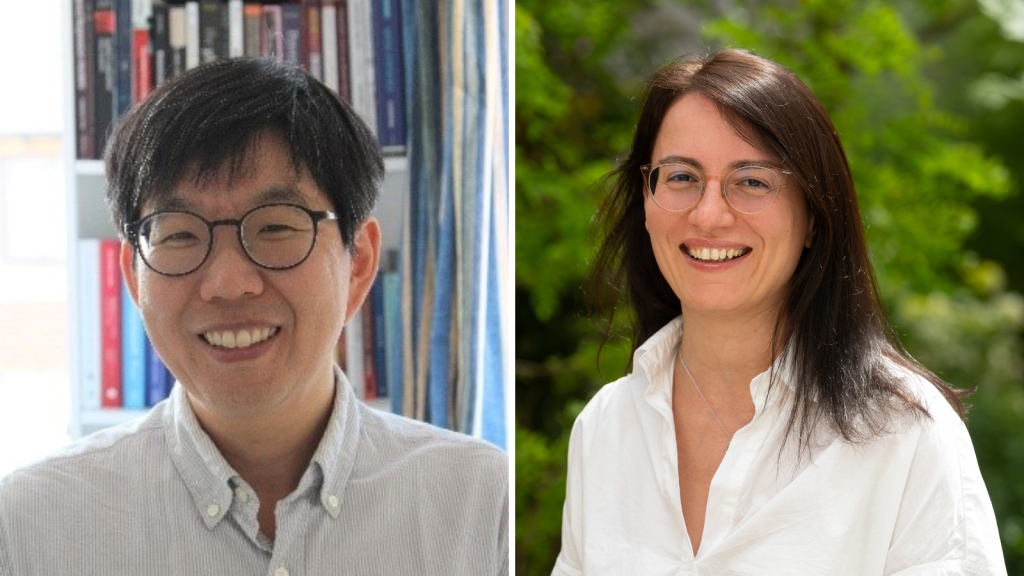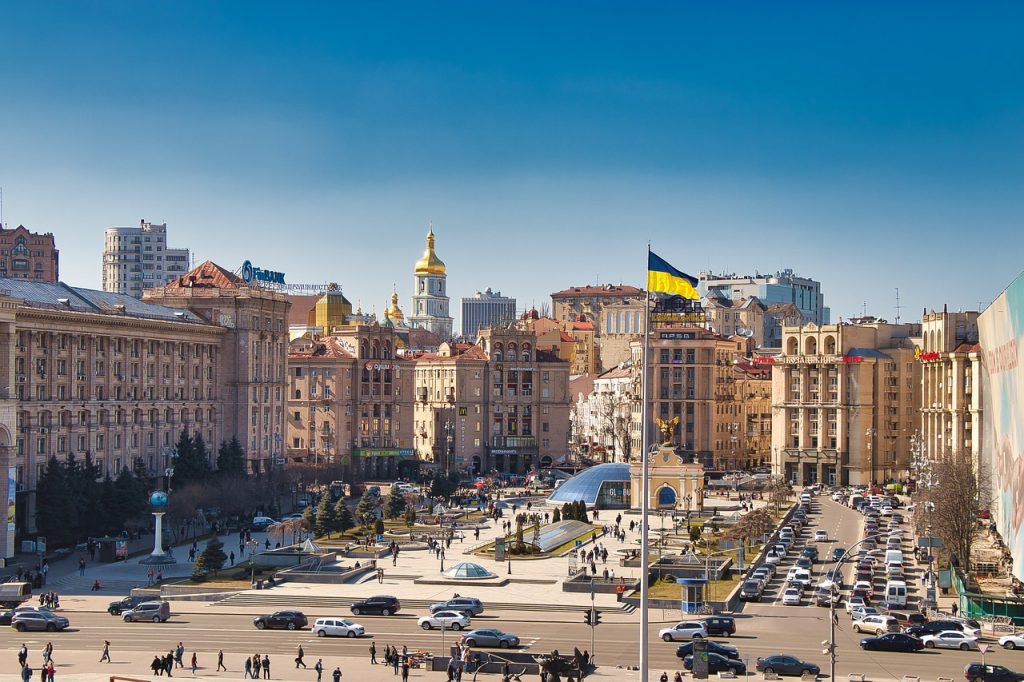The Project
This research project examines the systemic impacts of international mobility, focusing on the movement of students, professionals, and youth. International mobility helps individuals acquire new skills and knowledge, broadens their intercultural and civic understanding, and develops their social connections. Studying abroad not only shapes how individuals view their professional futures but also influences their understanding of their broader societal roles, engaging them in diverse environments that encourage the absorption of new ideas and the expansion of perspectives. Mobility is more than just crossing borders—it is about rethinking and reshaping one’s view of the world.
The project seeks to understand how those with international mobility experience contribute to the development of participants’ home countries compared to those without such experience. Building on the past work of the Principal Investigator, this research highlights the transformative potential of time spent abroad, showing how it can equip individuals with the tools to drive societal change at home. The project combines statistical modelling with in-depth qualitative analysis to explore these dynamics.
A mixed-methods approach is central to this project, integrating macro-level modelling of student mobility flows and national development indicators dating back to the 1960s with a rich qualitative analysis. The qualitative component draws from a unique dataset of over 700 interviews with changemakers from 70 countries, offering a detailed exploration of how international mobility has shaped their formation and contributions to their societies. Particular attention is given to alumni of the Bureau of Educational & Cultural Affairs (ECA) programs under the US State Department, examining how their experiences abroad contribute to system-level changes in their home countries.
While international mobility holds great promise, it is not without its challenges. Environmental concerns, such as the increasing carbon footprint of international travel, must be balanced against the benefits of transnational interconnectedness. Additionally, unequal access to mobility opportunities—often limited to those from wealthier backgrounds or certain regions—has the potential to deepen existing inequalities. As mobility can promote both personal growth and societal advancement, it also raises questions about its role in contributing to social divides and environmental strain.
The research spans six global regions—Sub-Saharan Africa, East Asia and the Pacific, Europe and Eurasia, the Middle East and Northern Africa, South and Central Asia, and the Western Hemisphere—offering a broad geographic scope to assess the global impact of mobility on development. Through a theory-driven approach, this project uncovers the intricate connections between individual agency, structural conditions, and societal transformation. It reveals how internationally mobile individuals navigate and influence their home environments, often becoming agents for broader systemic change.
A growing trend of global insularity threatens international openness and cooperation. The rise of nationalist sentiments in some countries has led to a reconsideration of the value of international mobility. As the world appears to be becoming more inward-looking, the importance of cross-border exchanges in advancing sustainable development and ensuring transnational interconnectedness has become more evident. By exploring these broader trends, this research contributes to a critical understanding of how international mobility can remain a positive force in an increasingly fragmented world.
Publications
Chankseliani, M., Kwak, J., Hanley, N., Akkad, A., Crisostomo, M., & Wang, Z. (2025). International student mobility and poverty reduction: A qualitative study of the mechanisms of systemic change. World Development, 195, 107116.
Chankseliani, M. (2025). What we stand to lose when foreign students are seen as a threat. Nature, 643(8070), 10.
Chankseliani, M., Kwak, J., Akkad, A., Bandeira Melo, G., Crisostomo, M., Hanley, N., & Wang, Z. (2025). International Mobility and World Development: Estimating the System-Level Impact of ECA and International Exchanges. University of Oxford.
Chankseliani, M. (2025). Learning, working, connecting: Why a new UK–EU youth mobility scheme matters. UKFIET blog.
Hanley, N., Sanchez Tyson, L., Wang, Z., Kwak, J., Akkad, A., Vari-Lavoisier, I., & Chankseliani, M. (2025). Impact of International Professional Mobility Programmes: A Systematic Literature Review. Journal of Adult & Continuing Education.
Kwak, J. & Chankseliani, M. (2024). Special Issue: The Ripple Effect: Understanding the Societal Implications of International Student Mobility. International Journal of Educational Research
Chankseliani, M, Kwak, J. (2024). Editorial of the Special Issue on The Ripple Effect: Understanding the Societal Implications of International Student Mobility. International Journal of Educational Research
Chankseliani, M., Wang, Z., Hanley, N., Kwak, J., Vari-Lavoisier, I., Tyson Sanchez, L., Akkad, A. (2024). Returning graduates do give back, but need more support University World News
Kwak, J, & Chankseliani, M. (2024). International Student Mobility and Poverty Reduction: A Cross-National Analysis of Low- and Middle-Income Countries. International Journal of Educational Research
Chankseliani, M. (2024). International Students and Their Lasting Impact on Global Development. UKFIET blog
Chankseliani, M, Kwak, J. (2024). Clamping down on international HE will damage global development. Times Higher Education
Chankseliani, M., Wang, Z., Hanley, N., Kwak, J., Vari-Lavoisier, I., Tyson Sanchez, L., Akkad, A. (2024). How Do International Student Returnees Contribute to Home Country Development? International Higher Education, 120 Anniversary Issue.
Wang, Z., Hanley, N., Kwak, J., Vari-Lavoisier, I., Al Hussein, M., Tyson Sanchez, L., Akkad, A., & Chankseliani, M. (2024). How do international student returnees contribute to the development of their home countries? A systematic mapping and thematic synthesis. International Journal of Educational Research.
Kwak, J. & Chankseliani. M. (2023). Quantitative Analysis International Mobility and World Development: Estimating the System-Level Impact of the Bureau of Educational and Cultural Affairs (ECA) and International Exchanges. Washington DC: US State Department Bureau of Educational and Cultural Affairs [the report is also available here: https://ora.ox.ac.uk/objects/uuid:104e8142-4d59-4087-8383-90c8b7d2ff0c]
Presentations
Chankseliani, M., Z. Wang, J. Kwak (29 April 2025). International Student Mobility and World Development. DAAD: German Academic Exchange Service, Germany. Watch the recording
Chankseliani, M. & J. Kwak (24 April 2025). Beyond Borders: How International Student Mobility Drives Poverty Reduction, Hong Kong University. Watch the recording
Chankseliani, M, Akkad, A., Bandeira Melo, G., Hanley, N., Kwak, J., Wang, Z. (4 April 2025). International Mobility and Societal Change: Rethinking Higher Education in a Divided World. Centre for Global Higher Education Conference, Oxford. Watch the recording











